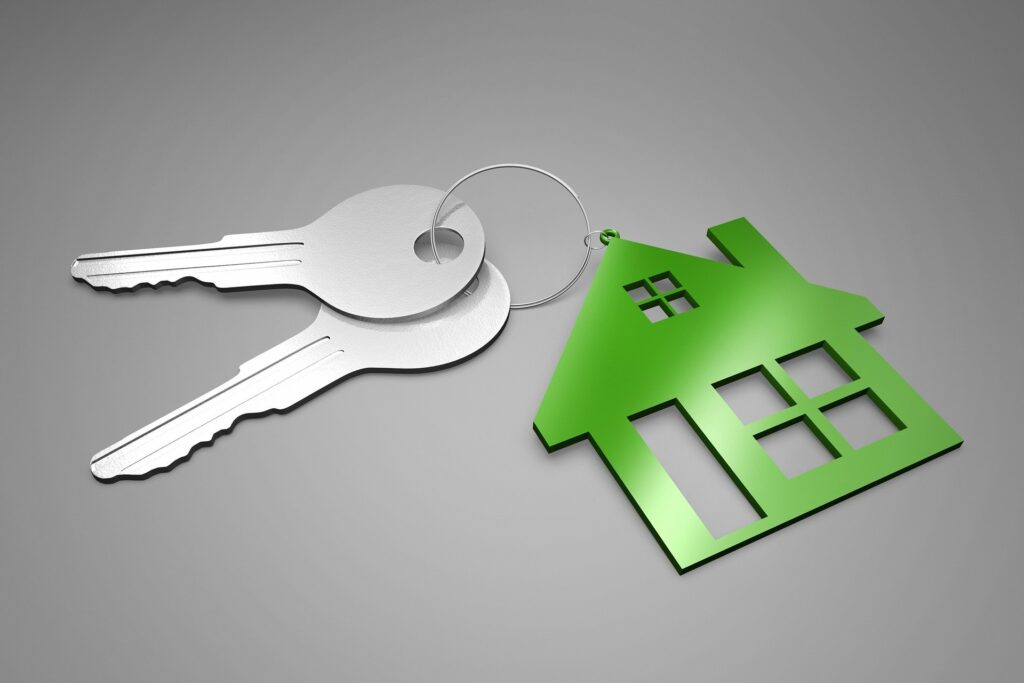Landlords legal responsibilities
There are around 150 laws now that apply to a landlord when they come to let a property. Here we highlight some of the key legal responsibilities that landlords must adhere to when letting their property. https://www.gov.uk/private-renting/your-landlords-safety-responsibilities
Tenant fees
As of 1st June 2019, the Tenant Fees Act has changed the fees that a letting agent, or landlord, can charge a tenant.
There are a list of permitted payments, including: https://www.gov.uk/government/collections/tenant-fees-act
Holding deposits (a maximum of 1 week’s rent)
Deposits (a maximum deposit of 5 weeks’ rent for annual rent below £50,000, or 6 weeks’ rent for annual rental of £50,000 and above)
Payments to change a tenancy agreement eg. change of sharer (capped at £50 or, if lower, any reasonable costs)
Payments associated with early termination of a tenancy (capped at the landlord’s loss or the agent’s reasonably incurred costs)
Utilities, communication services (eg. telephone, broadband), TV licence and council tax
Interest payments for the late payment of rent (up to 3% above Bank of England’s annual percentage rate)
Reasonable costs for replacement of lost keys or other security devices
Contractual damages in the event of the tenant’s default of a tenancy agreement and
Any other permitted payments under the Tenant Fees Act 2019.
Ensure the property stays in good condition
As the owner of the property, you are required to ensure the property stays in sound condition and take care of any building works that are required. This includes, but is not limited to, fixing any structural damage, roof repairs and maintaining any exterior paintwork.
Gas safety https://www.hse.gov.uk/gas/domestic/faqlandlord.htm
Landlords are legally responsible for the gas safety of their properties. They must make sure gas equipment is safely installed and maintained by a Gas Safe registered engineer. They must also have a registered engineer do an annual gas safety check on each appliance and flue (boiler or gas fire). The copy of the Gas Safety Record must be given to each of the ingoing tenants before they move in and for any subsequent renewals, within 28 days of certification. You should also keep records of the checks for a minimum of two years.
Carbon Monoxide and Smoke Alarms
Since 1 October 2015, when properties are occupied by tenants, landlords must ensure that a smoke alarm is fitted on every floor of the property on which there is a room used wholly or partly as living accommodation and a carbon monoxide alarm in any room where a solid fuel is burnt (e.g. wood, coal or biomass). Checks must be made by the landlord (or letting agent) to make sure that each alarm is in proper working order on the first day of the tenancy. We recommend recording the alarm check in the inventory check-in report.
Right to Rent https://www.gov.uk/check-tenant-right-to-rent-documents
Under the Immigration Act you are required to ensure that your tenant has a right to rent in the UK. To establish this, you will need to see a copy of their original ID (and visa if they need one to be in the UK) within 28 days of granting a tenancy. There are also ongoing checks that you will need to complete, either annually or on the expiration of the visa, whichever is longer.
How to Rent Booklet – For all tenancies granted on or after 1 October 2015, all landlords in England must give their tenants the current version of the “How to Rent” booklet which is available on the gov.uk website.
Electricity https://www.gov.uk/government/publications/electrical-safety-standards-in-the-private-rented-sector-guidance-for-landlords-tenants-and-local-authorities/guide-for-landlords-electrical-safety-standards-in-the-private-rented-sector
Landlords have a legal duty to ensure that their rental property, and any electrical equipment provided, is safe before a tenancy begins and throughout its duration. They must ensure the electrical system (sockets, switches and light fittings) is safe and all appliances they supply are safe (e.g. cookers and kettles). Landlords should provide tenants with a record of any electrical inspections. Landlords are also responsible for communal areas of a house, block of flats, or estate that residents use in common with other tenants such as landings and kitchens.
Houses in Multiple Occupation
HMOs are usually properties in which unrelated people share facilities such as the kitchen or bathroom. Large HMOs (of at least 3 floors and housing five or more people living as more than one household) need to be licensed. The landlord will need to contact their local council to apply. Licenses are generally valid for five years and landlords need a separate licence for each HMO they run.
Things to keep an eye on
In October, the UK Government published proposals to extend mandatory licensing of HMOs in England, removing the current three storey rule. The proposals also include a minimum room size and a requirement for landlords of shared homes to provide decent storage and rubbish disposal facilities. The person threshold of five people in two households will remain unchanged. The consultation ran until 13 December 2016.
Local Authorities are also able to apply Additional and Selective licensing schemes for other property sizes and types and each borough will have their own policy.It is important therefore to check if you will need a licence before starting a tenancy.
When the Housing and Planning Act 2016 was passed in May the UK Government introduced an enabling power to set requirements for electrical safety standards in private rented sector houses in England. ARLA has been one of the organisations on the Department for Communities and Local Government’s Working Group that has been tasked with shaping the proposals.


